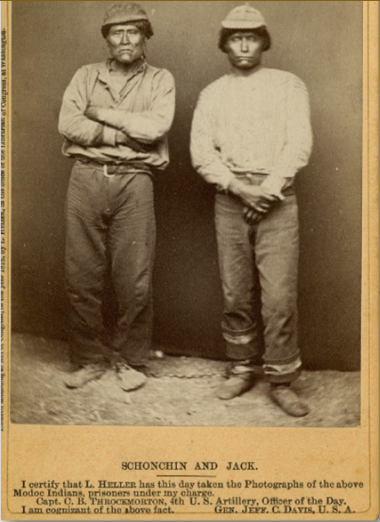
Students can continue to consider the question How did colonization work? in order to understand the concrete results of colonization in a variety of geographic contexts. Colonizers introduced new infrastructures, medicines, educational systems, and cultural norms. Print technology and more rapid transportation aided the growth of organized religion. ... Christian missionaries made use of colonial institutions and infrastructure to educate and evangelize native peoples, helping to broaden Christian presence around the world.... While some colonial peoples converted to European practices, others deeply resented the violent exploitation of their people and the disruption of their traditional beliefs. Students should consider the question How did native people respond to colonization? in order to make sense of the multiple contexts and responses to colonization. Nationalist leaders, often educated in European universities, began to use ideologies rooted in the Enlightenment to challenge the injustice of Western and Japanese imperialism. Europeans, in turn, were shaped by their encounters with colonial peoples through their exposure to non-Western religions and systems of thought for the first time. Imperial encounters strengthened European nationalism at home as colonizers defined themselves in response to colonial “others.”
How did native people respond to colonization?
